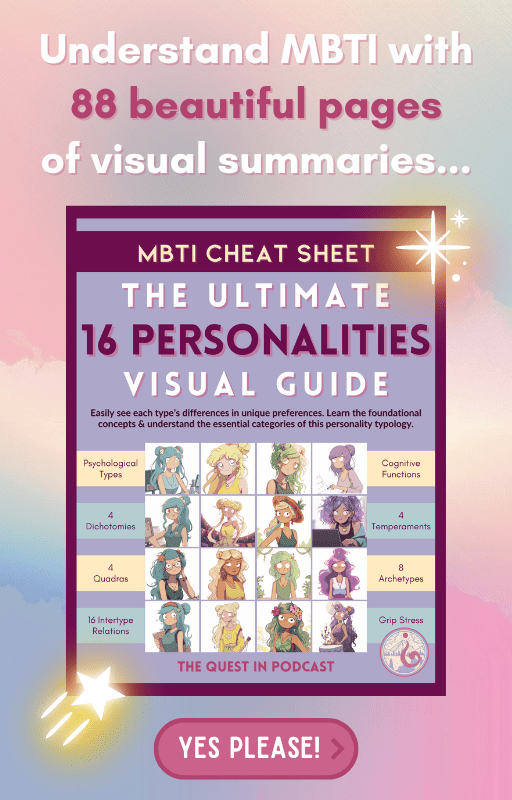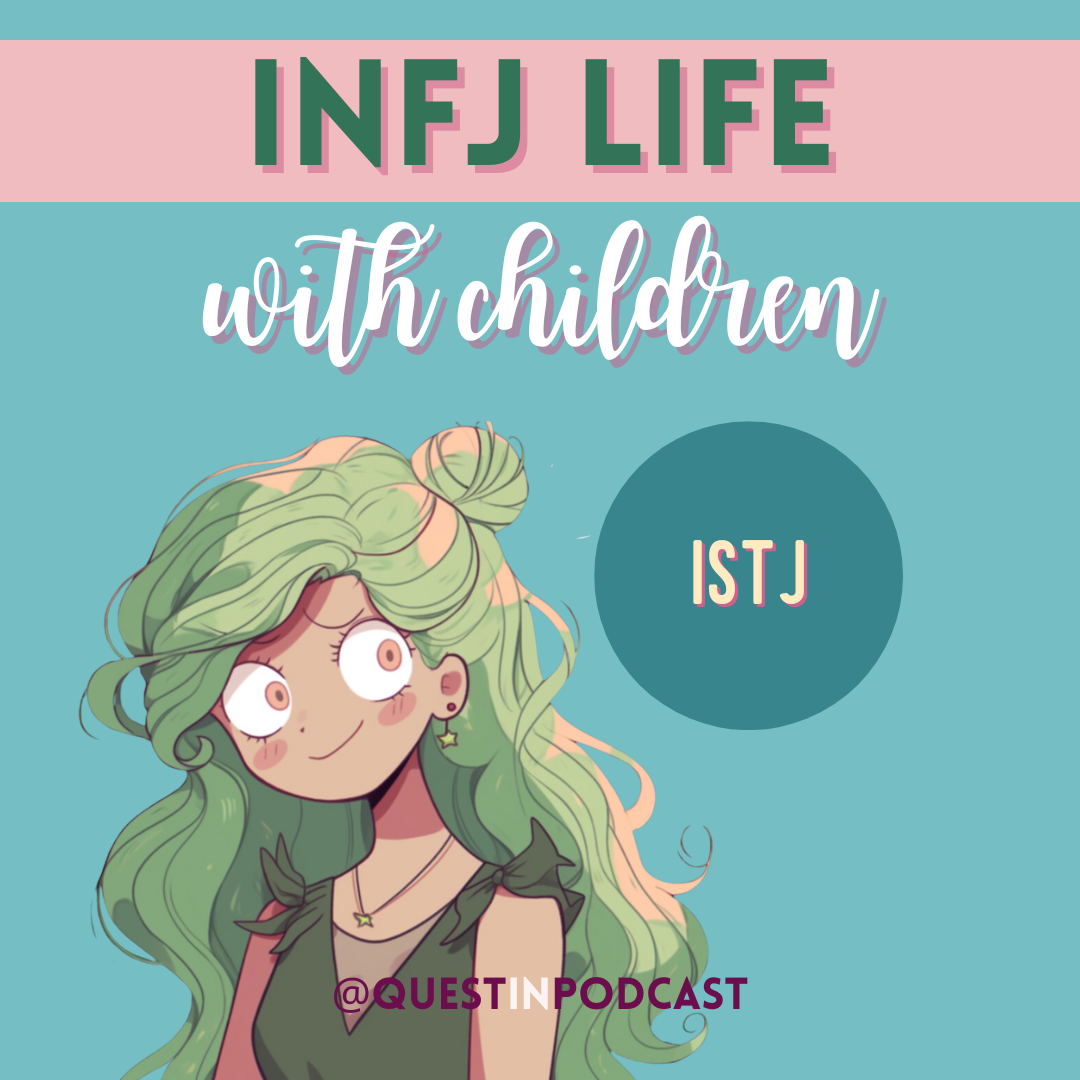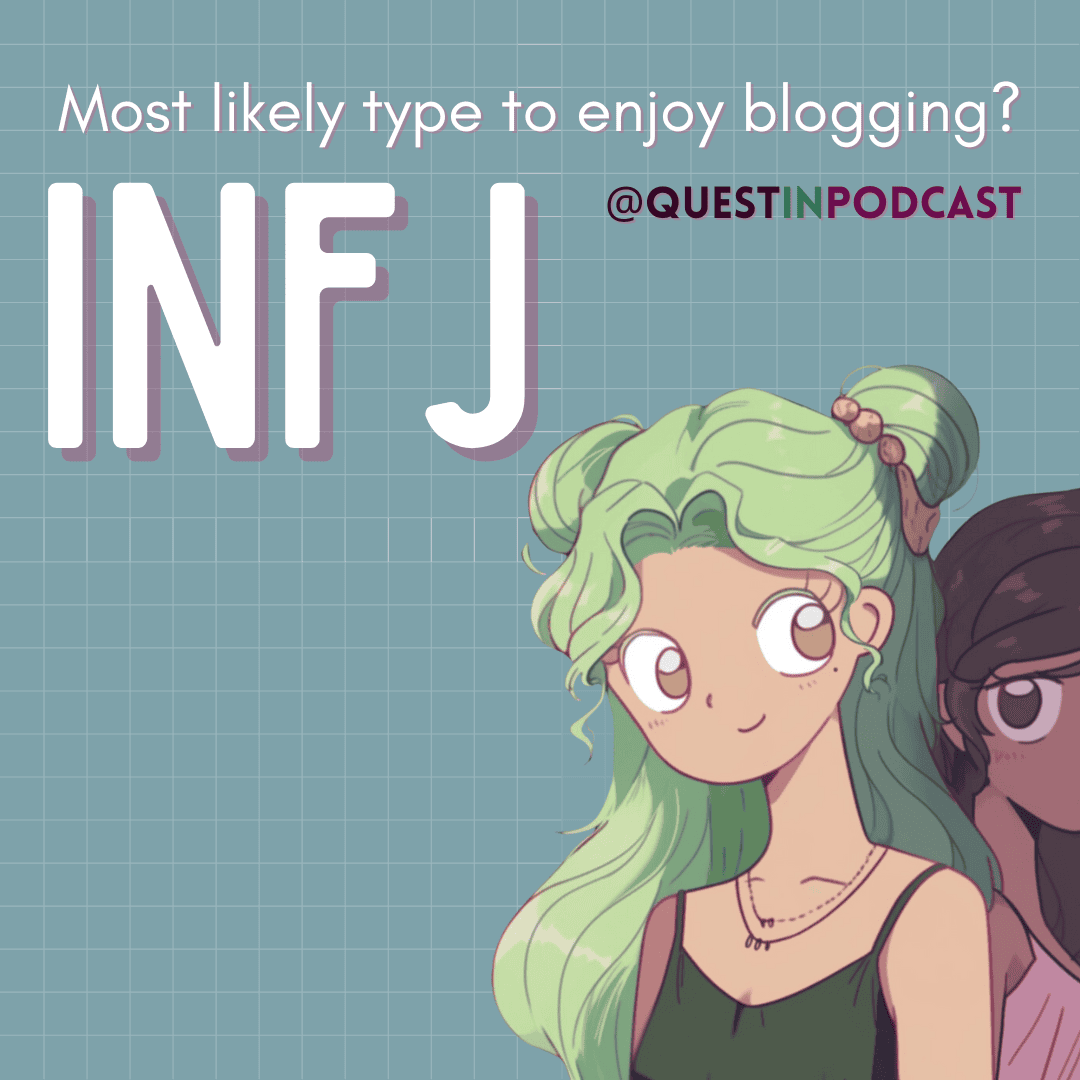
Socionics Books Comparison
Why are there practically no Socionics books in English?
English Socionics books seem to be few and far in between. The quantity is so scarce, but what’s worst is that the quality of books on Socionics seem to be very sub-par…
Socionics became popular in many Eastern European countries and the former Soviet Union, such as Russia, Ukraine, Belarus, Lithuania, Latvia, and Estonia. Socionics was developed in the 1970s by Lithuanian psychologist Aushra Augusta. (She has been identified as an INTP Researcher personality type in 16 personaltiies/MBTI terms.)
Aushra Augusta integrated Jung’s “psychological types” + Freud’s “structural theory” + Kępiński theory of “information metabolism” to develop Socionics.
The framework of Socionics that she developed is pretty awesome and adds a lot of dimension to understanding the different psychological types. It logically systemizes understanding the function stack of all the types by giving nuanced attention in an 8-function model.

Socionics is the natural advancement or upgrade for anyone interested in Jungian typology, especially for understanding the dynamics of intertype relation. It provides a lot of insight for how the function stacks between two people will interact with each other and in what ways.
I have had one of my Socionics books for a while, but recently decided that I need more. Here are my two cents on what’s available currently in English for learning Socionics through print books. (The GitHub site Wikisocion is an awesome online resource alternatively!)
Well, not much is available so this is a short comparison for now. I’ll update it in the future as I explore more books. (Some available on Kindle Unlimited, so I will definitely check those out soon)
Book Comparison
1. Psychological Types: Why Are People So Different?: 64 Portraits in Socionics (How each of the 16 Jungian types varies in 4 main ways) by Victor Gulenko (2019)
I love this book. I think it is beyond awesome because it is well-organized and very comprehensive. It’s not perfect but as a reference tool, I really enjoy reading through it every single time I pick it up.
It is full of great insights. For example, his comparisons of the type preference dichotomies is thorough and intriguing. That is comparing introverts/extroverts, intuitives/sensors, feelers/thinkers, and irrationals/rationals, which was broken down to specifications on the physical level, psychological level, social level, informational level.
The downside is that it is very dense so can be rather boring in experience unless you really like reading. I love reading, but I have fallen asleep while reading some of the type descriptions in this book…
Which is why I say this is a great book to have around for reference. Like a dictionary of Socionics, but definitely not as a book that you read straight through.
Of all the Socionics books available on Amazon, it has the best ratings of all the options. Definitely a worthy recommendation.
2. Your Social World Explained (Socionics Made Simple) by Spencer Stern (2021)
This book I just picked up while it was on a sale. I paid $30, which is particularly expensive to me as a stay-at-home mom currently… But there aren’t many Socionics books so I had to!
The author demonstrates a good understanding of Socionics and it is a pleasantly clean presentation, though some images could be higher resolution.
This book isn’t as boring as the dense text of the first on this list, but it definitely is not as thorough or well-developed. It would be a more simplistic reference tool.
For the price, you get more bang for your buck with the first recommendation above. But if you don’t mind paying more and want some pictures that are in color, then this option is worth checking out.
Interesting Observations

In compiling this (short) list, I noticed a funny coincidence in that all the authors at the same type as the INTP Researcher (which is the “LII Analyst” in Socionics typology terms).
This kind of explains why Socionics is a pretty awesomely developed system that is logical and comprehensive in classifying and defining the types. It also explains why the presentation of information has its limits in reaching certain audiences.
INTPs are innate geniuses who enjoy understanding concepts thoroughly to the utmost degree, but perhaps this prevents them from explaining in plain terms that any person could understand. Their lead dominant function of introverted thinking (Ti) is probably best received by other Ti-users. This is maybe why I feel drawn to Socionics. As an INFJ Advocate with tertiary introverted thinking (Ti), I enjoy engaging in and developing that function.

In other words, Socionics has been primarily written by intellectuals who maybe have failed to write simply enough for the majority of people. For most people, it could be easy to get discouraged or turned off by the intensity of the technicality of Socionics…
Perhaps I will make a simple quick reference guide to Socionics so that more people can see the beauty of the framework! I definitely see a need that I can help with.
Coming soon… 🙂
For now, I do have a FREE quick reference guide available for MBTI / 16 Personality Types!







